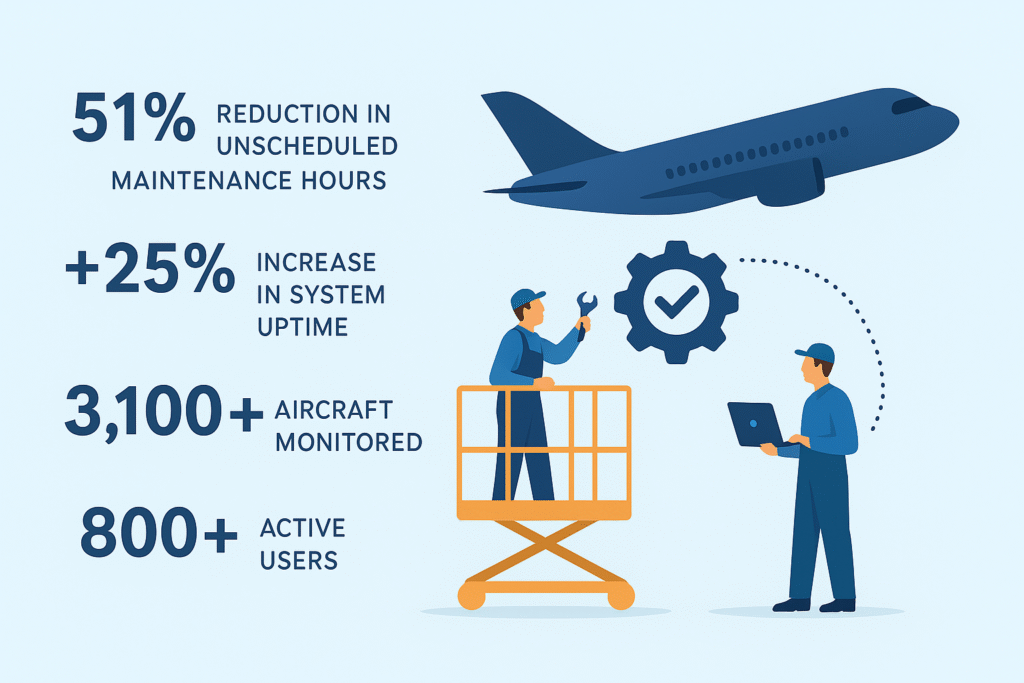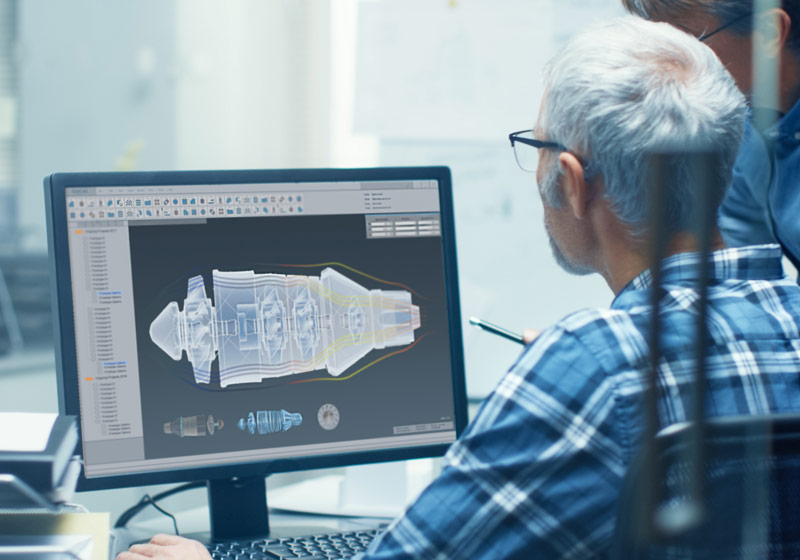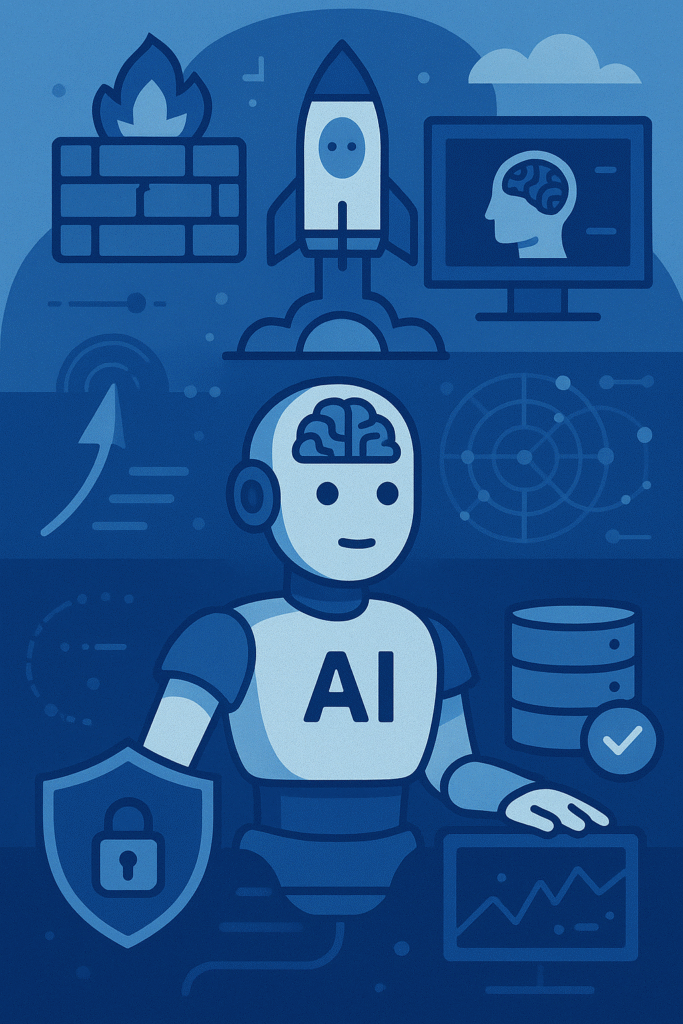Executive Summary
When aircraft downtime defines combat readiness, the U.S. Air Force’s PANDA (Predictive Analytics and Decision Assistant) has proven what’s possible. By deploying private, self-hosted AI agents, the USAF achieved a 51% reduction in unscheduled maintenance hours for B-1 bombers—while remaining fully ITAR-compliant and cyber-secure.
Key Takeaways:
- 51% drop in unscheduled B-1 maintenance hours
- Self-hosted AI ensures ITAR compliance and data sovereignty
- Predictive algorithms prevent component failures weeks in advance
- Up to 25% boost in aircraft availability
The Challenge: Traditional Maintenance Can’t Keep Up
The B-1B Lancer, with its intricate systems and aging infrastructure, demands constant maintenance. Legacy methods—scheduled inspections and reactive fixes—lead to high downtime, strained logistics, and mission delays.
Meanwhile, aircraft sensors generate terabytes of data daily, from propulsion to hydraulics, much of which goes unused. Traditional maintenance software can’t process these complex, multi-source datasets, leaving actionable insights buried.
PANDA: The U.S. Air Force’s Private AI Breakthrough
Architecture at a Glance
PANDA represents a fully private AI ecosystem—trained, hosted, and operated within secured DoD networks.
Core Components:
- ML algorithms trained on decades of component failures
- NLP models analyzing maintenance logs and technician notes
- Predictive dashboards enabling proactive decision-making
- Secure enclaves operating under IL-4 and IL-5 compliance
Result: No cloud dependencies, no data exposure, full operational autonomy.
The Results: 51% Fewer Maintenance Hours
AI-driven maintenance reduced unscheduled hours by 51%, boosted system uptime by 25%, and expanded monitoring to over 3,000 aircraft with strong user adoption. By predicting component failures weeks in advance, maintenance teams shifted from reactive fixes to proactive, preventive strategies, saving substantial time, costs, and improving mission readiness.
Why Private AI Agents Win in Defense
Unlike cloud AI, self-hosted systems keep sensitive data within controlled infrastructure—essential for ITAR, DFARS, and CMMC compliance.
Security Advantages:
- Air-gapped operation: no external network exposure
- Full audit trails for every data transaction
- Zero-trust architecture and strict access control
- Complete sovereignty over algorithms and outputs
Operational Benefits:
- Zero recurring cloud costs
- Real-time decision latency elimination
- Hardware-level optimization for mission speed
Implementation Blueprint
Phase 1 – Plan & Secure
Assess data readiness, define compliance boundaries, and design zero-trust infrastructure.
Phase 2 – Build & Train
Train AI models using historical maintenance records, validated telemetry, and failure logs.
Phase 3 – Integrate & Scale
Embed AI outputs into technician dashboards and command interfaces. Begin with one platform; scale across fleets.
ROI Snapshot
For a mid-size aerospace operation:
- 10,000 annual unscheduled hours → 5,100 saved (51%)
- $150/hour average cost → $765,000 saved annually
- Payback period: 6–12 months
Beyond cost, AI-powered foresight prevents catastrophic component failures and improves readiness metrics across fleets.
Broader Applications
Private AI agents now support:
- Commercial MROs: FAA-compliant predictive maintenance
- Spacecraft systems: Autonomous fault detection and recovery
- Defense manufacturing: Equipment health and production optimization
Future Outlook
Next-generation private AI systems will integrate digital twins, edge computing, and AR-guided maintenance, enabling real-time diagnostics directly on flight lines.
Self-hosted AI is no longer a “what if”—it’s the foundation of next-generation defense sustainment.
Conclusion
The USAF’s PANDA system proves that private AI agents are redefining aerospace maintenance—not only cutting hours by half but safeguarding mission data and compliance integrity.
For defense and aerospace organizations, the question isn’t if private AI will transform operations—it’s when.
Ready to deploy your own self-hosted AI?
Netray’s aerospace AI team helps defense contractors build ITAR-compliant, predictive maintenance systems tailored for mission-critical reliability.



